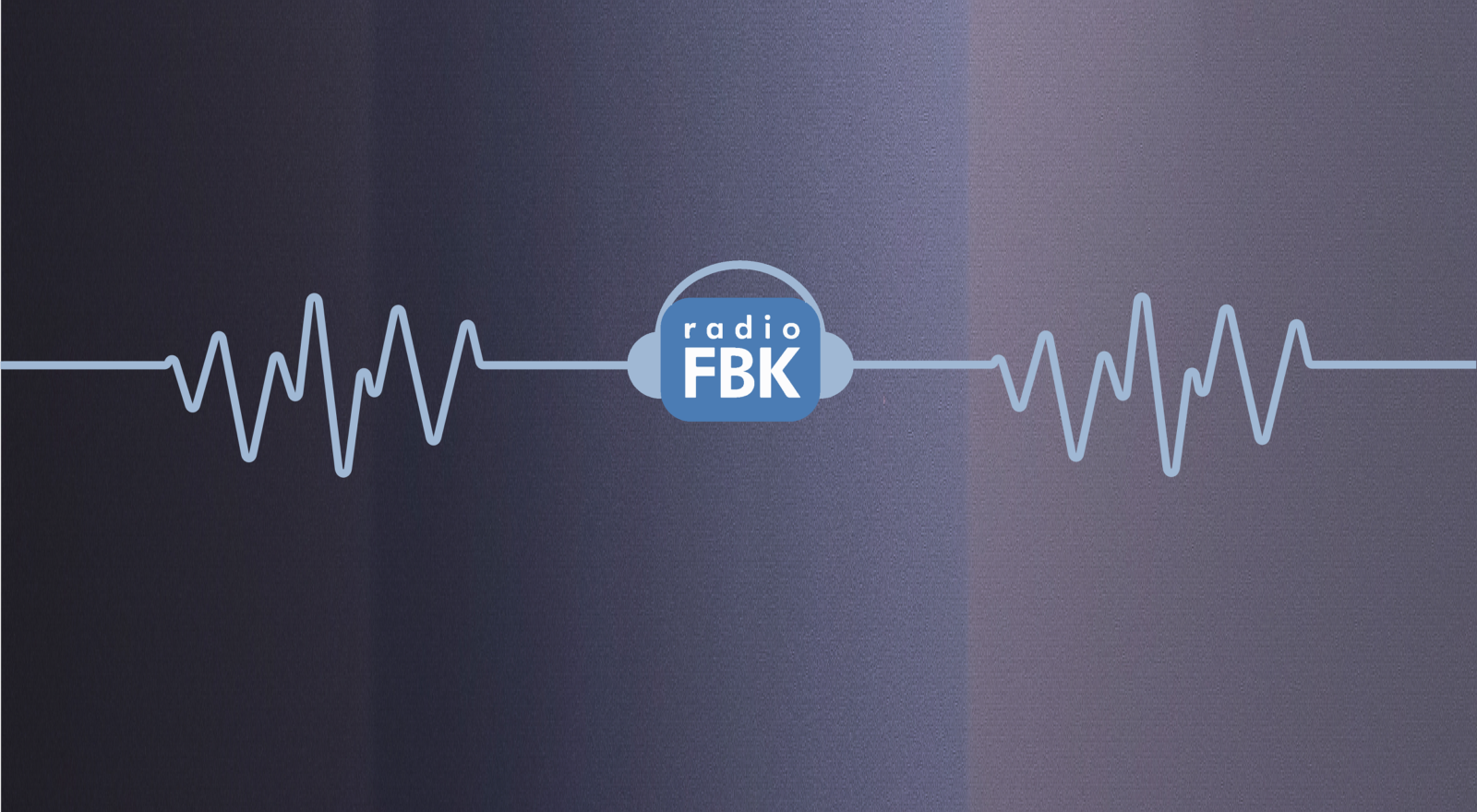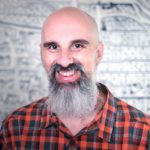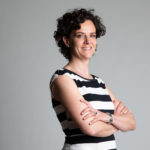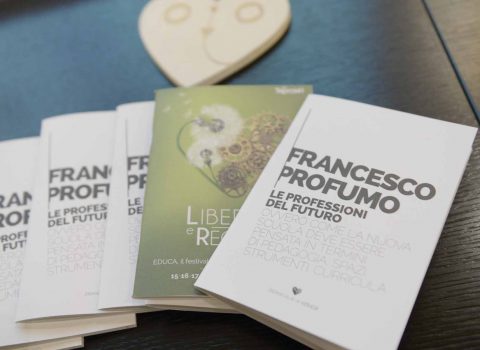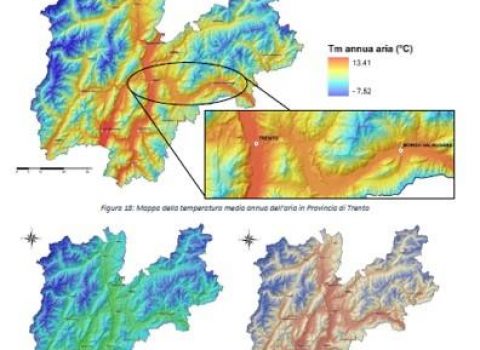No more news, let’s focus on information
Here come the Radio FBK podcasts: the Research you don't expect
There are books that we do not remember having read while others have instead somehow influenced our way of thinking, even being: “books that change your life”, it is often said. To the second category of my personal library belongs “Stop reading the news”, by Rolf Dobelli. Dobelli’s book was published in English on 9th January 2020, immediately translated into Italian by Silvia Albesano for Il Saggiatore publisher. The chronology in this case is important, because Dobelli had begun to think about the media diet long before (the original reference is his intervention in the Guardian in 2013) and completed his work before the space of Italian and worldwide public opinion was overwhelmed by the lasting omnipresence of Covid19. So if someone had to complain about the surplus of news in that specific circumstance, well, it is worth remembering how the signs to start worrying were already there before.
Dobelli’s thesis is far more complex than the title chosen for the book implies (in this case the Italian translation “Smetti di leggere notizie”, it must be acknowledged, did not betray the original).
Let’s start from a basic difference: news refers to things that happen and are communicated indistinctly (from the summer affairs of football players to terrorist attacks), everything is clickable, whereas the information is something more neutral, relevant, to go deeper in. It doesn’t matter what’s new. According to Dobelli we must not stop informing ourselves, but define what our areas of competence are, dedicating then ourselves seriously and exclusively to those ones, which experience says are at most two or three for each one of us: our private life, our job, maybe a hobby undertaken with due dedication. Once our areas of competence have been defined, we can pause and delve into them, no longer chasing everything that happens, reading long and in-depth articles, but above all reading books. Of course, Dobelli adds, it may be that you follow the news for pure entertainment, but at that point wouldn’t it be better to read a good book or watch a good movie?
The objections to this apparently extreme thesis can be many, the most repeated – says Dobelli himself – is that without reading the news you cannot be a good citizen. But let’s leave aside the author’s replies – you can read, if you like, an interesting insight on Slow News, for example – and let’s get to the point.
A scientific communication magazine – we often tell ourselves this in our newsroom – cannot follow the news, it is not its task, it is not our task. We must deal with information in the way indicated by Dobelli, aiming to intercept the curiosity of those who include the communication of science in their areas of competence. This is what we are trying to do through our articles and the other forms of communication that we offer, such as podcasts. The one in the outbound episode, for example, proposes a reasoning on fake news.
Claudio Ferlan
—
A new direct line: the podcasts of the Research you don’t expect
In this regard, a new way of communicating and going deeper into current and research issues is offered in today’s media landscape by the podcast format. The radio, the voice, the word at the centre, wherever, anyhow and whenever you want. That is to say, on demand.
The duration is about twenty minutes – just like one of our trips by car, train or one of our daily “in-between” moments – to be filled with useful in-depth content approached with a fair balance between dialectics and sheer curiosity.
The format is that of “the reader’s question”, the curiosity of the citizen with respect to big or small issues, more or less understandable definitions, which happens more and more often to listen: climate emergency, fake news, artificial intelligence and deep fake.
But not only that. Radio FBK also offers insights on current issues, always seen through the expert and multidisciplinary eye of FBK Researchers and the wide range of experts who are in close connection with a reality such as the Foundation on a daily basis. They are the protagonists of that fundamental and sometimes scarcely-known work of the “background” of Science, they work on the great issues that impact on the life of anyone of us.
An example? The podcast considerations offered by the first two episodes of the new series “Radio FBK: Science and Society”, already available on our channels, which focus on the current international scenario: War and history on the one hand (“The return of war” with the historians Ferlan and Mondini) and “War and energy crisis on the other: risks and opportunities” with the Director of the Center for Sustainable Energy, Luigi Crema.
Today we dedicate this editorial also to the new episode of the series “Radio FBK: Science and society”: the protagonists are our historian and Director of FBK Magazine Claudio Ferlan and Elisabetta Farella, PhD in Engineering and Computer Science and head of the E3DA Research Unit of the Digital Society Center, in a dialogue between history and artificial intelligence on the theme of deep fake.
The Research you don’t expect, if we were to sum it up as into a commercial. Because Research is truly present in every moment and in every aspect of our lives.
Silvia Malesardi
p.s. Do you have any questions, topics to propose, curiosities that you would like to be explored by Radio FBK or by FBK Magazine? We are all ears, ready to welcome ideas for new and hopefully interesting and useful insights!
Write to: [[email protected]]
Where to find Radio FBK online:
